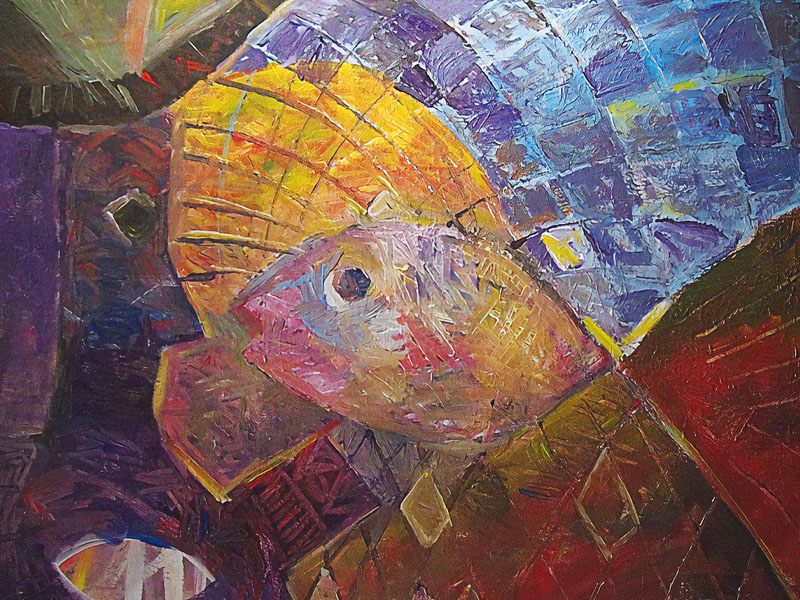The Folktale…The Origin and the Game of Masks: A Study of Discourse Identity
Issue 17

Abas Abdul Halim Abas (Jordan)
The folktale does not necessarily require a historical reference in the same way that Arabic epic literature does because folktales include supernatural and legendary characters created by imagination.
If it is true that nations ‘collect their tales from the branches of their own trees’, all branches belong to a huge tree fed by the world’s common popular traditions, with the word ‘popular’ referring to people anywhere. Folktales have always been a fertile ground for comparative studies that consider their origins, their various manifestations through time and place, their characteristics, components, symbols, and the features that distinguish them from other genres.
When studying the folktale, scholars can benefit from work in fields such as comparative religious studies, comparative literature, and comparative history. Such fields offer a developed methodology, and serve as a starting point for scientific studies that contribute to the formulation of theories and practical ways of authenticating and recording folktales.
The mere collection and archiving of folktales is insufficient unless scientific methodologies are used; these should include accurate identification of the folktale, its source and its era. Some Arab countries have archived popular heritage using computerization and digitizing processes, but the focus has been on the tangible – such as heritage clothing, tools and collectibles – and not on intangible heritage such as folktales.
The folktale serves as a mirror for a community, reflecting the social, intellectual and religious values of a certain time period, but it is worth noting that a large number of folktales can be found in multiple cultures. For example, many cultures have a version of Leila and the Wolf or Little Red Riding Hood. This universality poses challenges when one attempts to identify and authenticate the tale’s point of origin.
Theories that address the origin and classification of folktales vary in data and methodology: some theories are based on personal opinions and interpretations; others use logic; some are based on public opinion.
The science of style, anthropological studies, theories of verbal and non-verbal heritage, the narrative and historical sciences, and philology can be employed to formulate a theory about the authentication of folktales.




































































